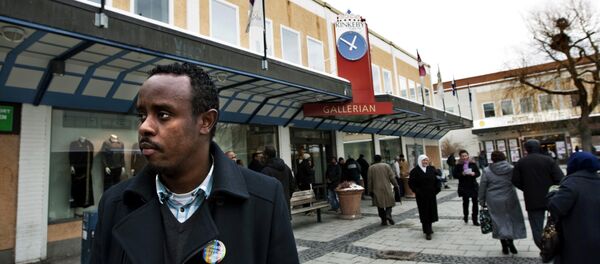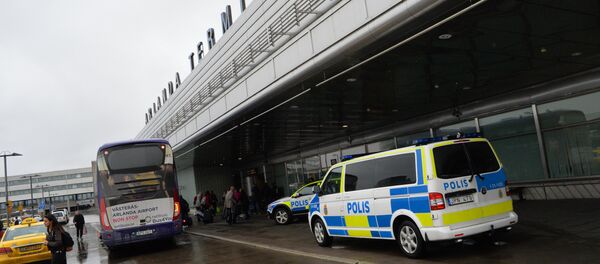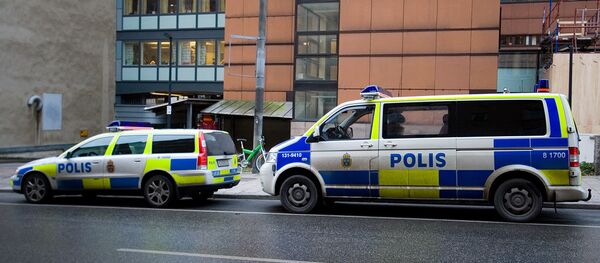Sweden can't collect sensitive information about people such as their political opinions or religious affiliations without a serious justification, Mark Naarttijärvi, a lecturer at the Department of Law at Umeå University, told Swedish Radio. Naarttijärvi has conducted research on SÄPO's methods of monitoring and retrieving information.
"The relevant question is what the security police mean by the concept of 'sympathy,' whether it is something expressed in action or simply involves ideas in a particular person's head. Think of someone contacting the security police to inform them of another person who seems to think that Daesh is okay," Naarttijärvi said.
"For example, you may have extreme right-wing views, but once you have committed a crime in which those extremist views are a motive for committing this crime or getting involved in criminal activity in the first place, then those sympathies may be registered as a relevant component of the crime," Naarttijärvi said.
However, legal problems still persist, Naarttijärvi pointed out.
"This situation is a little special, because many things related to terrorism are criminalized even at relatively early stages. This explains the police's interest in keeping track of people from a very early stage; in this sense this is reasonable. At the same time, we have a special provision in the constitution that clearly prohibits the police from keeping records of opinions," Naarttijärvi pointed out.
In recent years, SÄPO's budget has been greatly increased, reaching almost a billion kroner (120 million dollars) annually. The proportion of means allocated for counter-terrorism has increased to 34 percent.
At least 300 Swedish nationals have reportedly joined Daesh in Syria and Iraq so far, representing the second highest proportion of "exported terrorists" per capita in the EU. The number of Daesh followers at home is unknown, but is feared to be at least several times as high. The list of Sweden's home-bred terrorists is undoubtedly topped by 23-year-old jihadist Osama Krayem, who is suspected of being an accomplice to the recent terrorist acts in Paris and Brussels.





